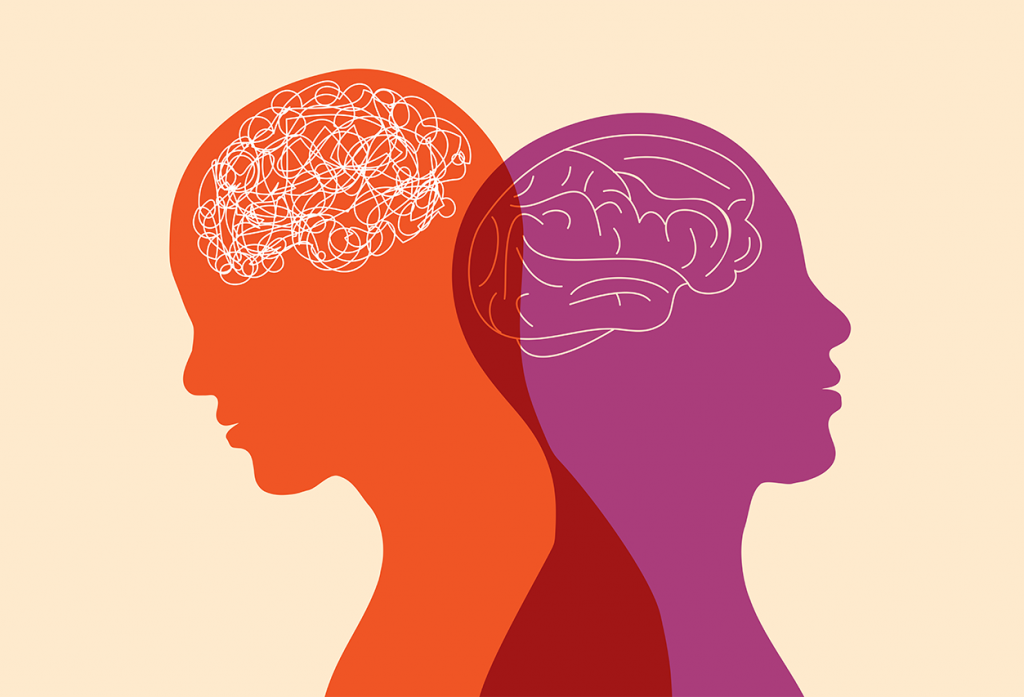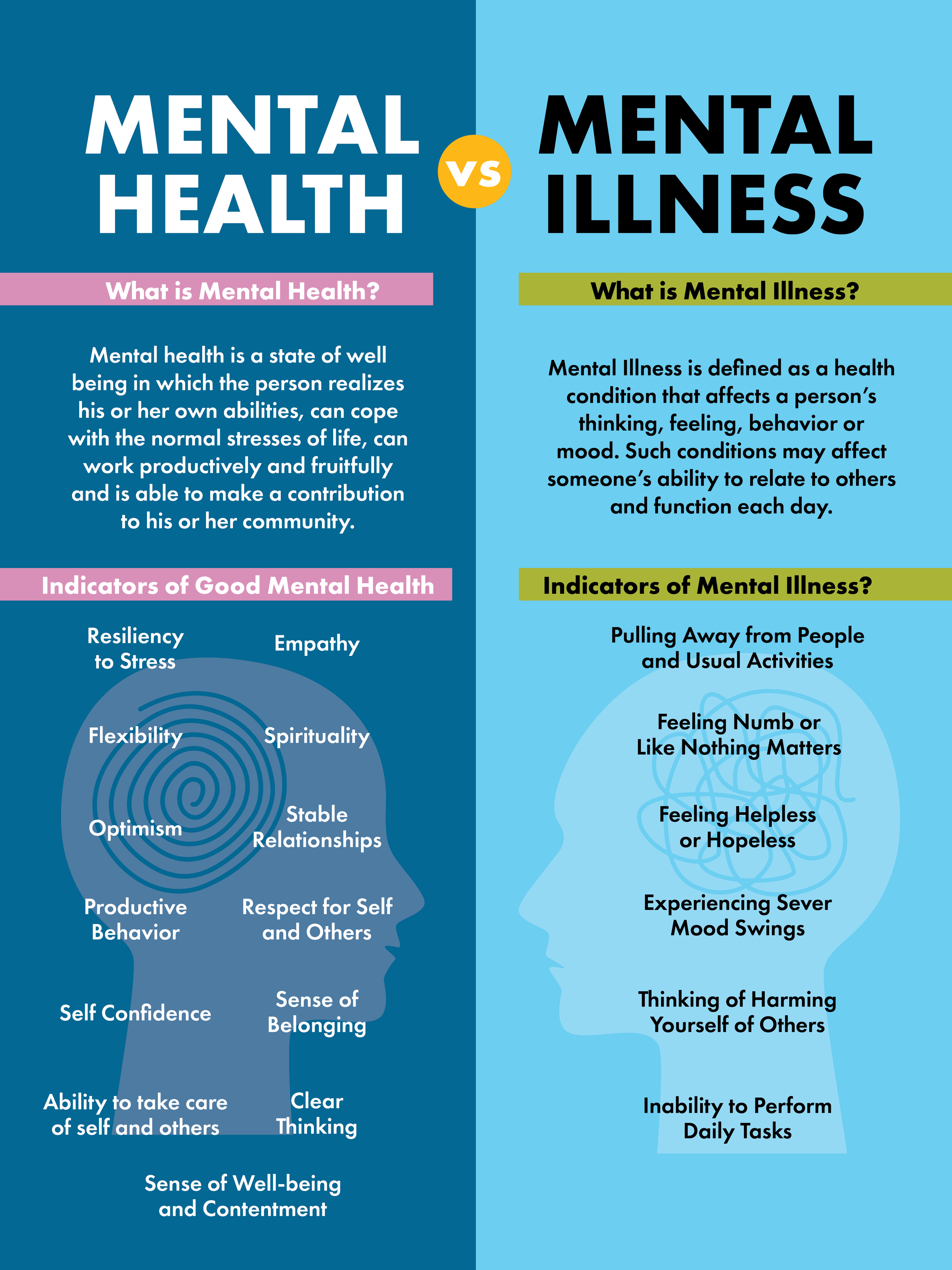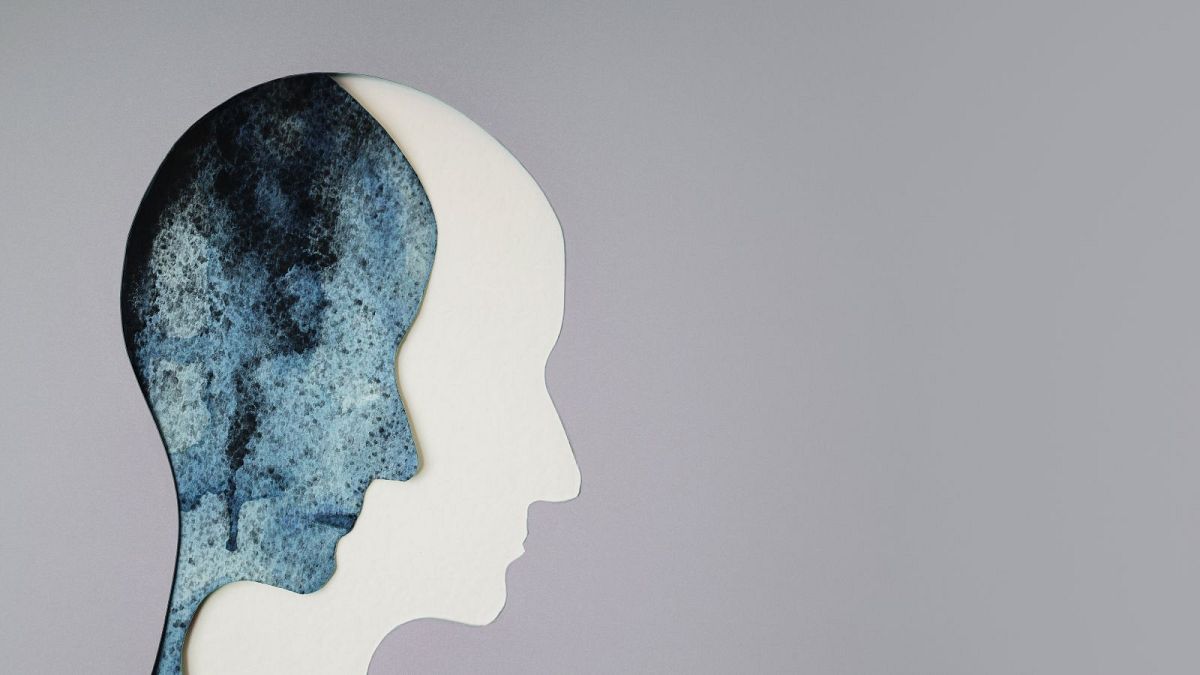Comprehensive Inpatient Mental Wellness Solutions for Effective Treatment
Inpatient mental wellness solutions represent a critical component of the health care system, offering a structured and intensive environment for individuals experiencing serious emotional distress. Discovering the nuances of this continuum exposes significant effects for both individual healing and wider mental wellness results.
Recognizing Inpatient Mental Wellness Solutions
Inpatient mental health and wellness solutions provide crucial assistance for people experiencing serious mental distress that can not be managed effectively in an outpatient setting. These solutions are developed to offer an extensive level of care in a structured setting, often within a health center or specialized facility. Patients admitted to inpatient programs normally show severe symptoms, such as suicidal ideation, extreme clinical depression, or psychosis, necessitating continuous monitoring and intervention.
The admission process typically involves a comprehensive evaluation by mental health specialists, that examine the individual's frame of mind, history, and prompt demands. As soon as admitted, people take part in a selection of therapeutic modalities tailored to their specific needs, including medicine administration, individual therapy, and team sessions. This holistic method aims to maintain the patient's problem, advertise safety and security, and foster coping skills.
Inpatient mental health and wellness solutions not only address prompt health and wellness worries yet additionally work as a bridge to continuous treatment. By offering a regulated atmosphere, these services assist in the advancement of treatment strategies that can be continued in outpatient settings, thus guaranteeing a continuum of treatment and boosting long-lasting end results for individuals with complex mental health requirements.
Trick Components of Effective Treatment
Effective therapy in inpatient mental health and wellness solutions consists of a number of key elements that promote recuperation and stabilization. Firstly, a thorough evaluation is vital to determine the person's certain requirements and obstacles. This evaluation educates the growth of a customized treatment strategy, which functions as a roadmap for intervention.
An additional critical part is the multidisciplinary group strategy. Cooperation among psychoanalysts, psychologists, nurses, and social workers makes sure that different perspectives contribute to the patient's care, enhancing the effectiveness of therapy. Evidence-based restorative modalities, such as cognitive-behavioral therapy (CBT) and dialectical actions treatment (DBT), are additionally indispensable, giving structured methods that deal with maladaptive idea patterns and behavior concerns.

Last but not least, a focus on aftercare preparation is critical to ensure a smooth shift to outpatient services, decreasing the threat of relapse and advertising long-lasting health. These collective components develop an efficient treatment framework within inpatient mental health services.
Advantages of Comprehensive Treatment

Extensive care in inpatient mental wellness solutions offers various advantages that substantially boost client end results. One of the main benefits is the holistic technique to therapy, addressing not just the psychological signs and symptoms but also the physical, social, and psychological requirements of people. This comprehensive assessment permits for customized interventions that promote total wellness.
One more advantage is the combination of multidisciplinary groups, which cultivates partnership amongst medical care professionals. This joint atmosphere makes sure that people obtain worked with treatment, decreasing the this content risk of fragmented treatment and boosting communication among caregivers. Extensive treatment facilitates continuity of solutions, enabling for seamless transitions from inpatient to outpatient setups, which is crucial for long-term healing.

Last but not least, the organized environment of detailed inpatient care supplies a secure space for clients to take part in therapeutic tasks, aiding them create dealing techniques and resilience. Collectively, these benefits add to much more reliable treatment and enhanced high quality of life for individuals experiencing psychological health and wellness dilemmas.
Evidence-Based Restorative Strategies
In the realm of mental wellness therapy, evidence-based healing techniques play a critical function in making certain that patients receive efficient and scientifically sustained treatments. These techniques integrate the very best offered research with professional expertise and person values, cultivating a customized treatment experience that deals with individual demands.
Cognitive Behavior Therapy (CBT) is one of the most commonly identified evidence-based methods, concentrating on determining and transforming unfavorable idea patterns and actions. This organized strategy has actually demonstrated efficiency in treating conditions such as stress and anxiety, ptsd, and clinical depression. Dialectical Habits Therapy (DBT) is especially effective for people with borderline personality condition, highlighting the advancement of psychological guideline and interpersonal effectiveness abilities.
Furthermore, medication monitoring is typically an essential part of evidence-based treatment, as psychotropic medicines can alleviate signs and symptoms and improve general functioning. Collective treatment models, which entail multidisciplinary groups, further boost the efficiency of inpatient solutions by making sure comprehensive evaluations and continuous surveillance.
Ultimately, the assimilation of evidence-based healing strategies not only advertises favorable clinical outcomes however likewise encourages navigate to this website individuals, cultivating a feeling of firm and strength in their mental health and wellness journeys.
Transitioning to Outpatient Assistance
The change from inpatient psychological wellness services to outpatient assistance notes a critical stage in a client's recuperation trip. This duration calls for cautious preparation and control to make sure connection of treatment and to mitigate the threats of regression or situation. Effective discharge preparation need to start early in the inpatient stay, including a multidisciplinary group that includes psychoanalysts, psychologists, registered nurses, and social employees.
Crucial element of an effective transition consist of the their explanation development of a detailed aftercare strategy customized to the person's details demands. This plan should describe follow-up appointments, medicine monitoring, and restorative treatments, as well as recognize area resources and assistance groups that can promote continuous recovery.
Additionally, patient and family members education is essential during this stage. Comprehending the signs of prospective troubles and the importance of adhering to therapy can encourage clients and their support group.
Normal follow-up and reassessment of the outpatient plan are necessary to attend to evolving obstacles. By fostering a collective relationship between inpatient and outpatient carriers, the likelihood of continual recuperation increases, inevitably improving the patient's lifestyle and decreasing the threat of readmission.

Conclusion
In summary, thorough inpatient psychological health services use a necessary framework for addressing serious mental distress with a multidisciplinary strategy. Eventually, such thorough treatment is essential for lasting psychological health and wellness.
The admission procedure generally entails a thorough analysis by mental wellness experts, who assess the person's mental state, history, and instant demands.Efficient treatment in inpatient psychological health solutions comprises numerous vital parts that cultivate recuperation and stablizing.Extensive treatment in inpatient mental health services uses many advantages that substantially improve person outcomes.The transition from inpatient mental health and wellness solutions to outpatient support notes a crucial phase in an individual's recovery trip.In recap, comprehensive inpatient psychological health and wellness solutions offer an essential framework for addressing extreme psychological distress with a multidisciplinary approach.